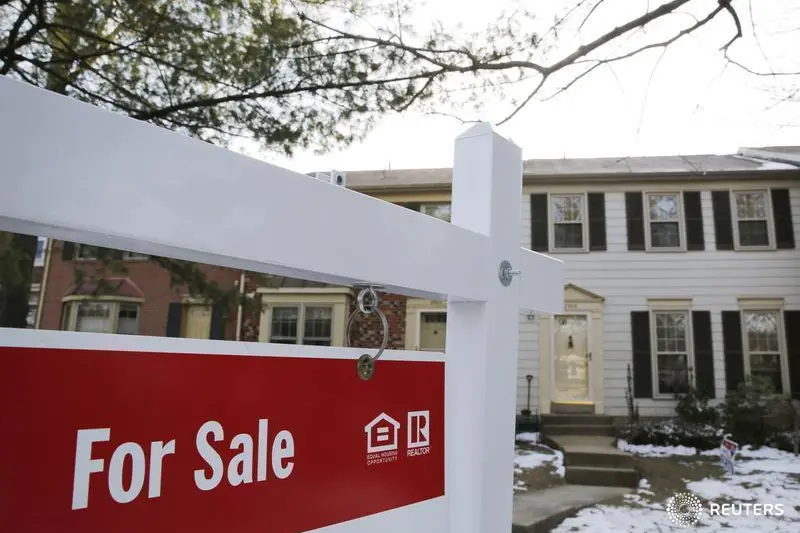PHOTO
NEW YORK (Reuters Breakingviews) - Cracks are appearing in the walls of the U.S. housing market. Online real-estate firm Zillow lowered its outlook this week, tanking its shares, while do-it-yourself chain Lowe's is closing stores. Meanwhile mortgage applications have dropped as loan rates climb higher. If the pace of home buying continues to slow, the effects will be felt more widely.
The combination of digital nous and an improving housing market helped Zillow’s stock more than triple since its 2011 listing, giving the home-value website a market cap of more than $12 billion in June.
But late Tuesday it projected it would pull in less revenue during the fourth quarter than Wall Street analysts had expected after three months earlier lowering its full year guidance. One of its core businesses, matching agents with sales leads, is wobbly partly because Zillow is going for quality rather than quantity. Still, shares collapsed more than 25 percent on Wednesday, and have halved in five months.
Home improvement go-to Lowe's said it was closing 51 “underperforming” stores. Competition with larger rival Home Depot has been intense. But there should be plenty of room for purveyors of lumber, paint and fixtures in a robust housing market.
That may no longer be the case, though. The cost to borrow money to buy a house is getting higher. The average 30-year fixed-rate loan carries a 5.15 percent interest rate – the highest in nine years, according to the Mortgage Bankers Association. Applications for home loans fell early this month to lows not seen since December 2014. U.S. Federal Reserve Chairman Jerome Powell is widely expected to hike interest rates again in December, putting even more pressure on mortgage rates.
The supply of homes available for sale is tight but construction is tapering off. Single-family homebuilding declined nearly 1 percent in September from the prior month. And buyers have cooled their heels. Existing home sales in September fell 4.1 percent year-over-year, according to the National Association of Realtors.
Such data doesn’t imply a housing crash is imminent. Near-record low unemployment rates and rising wages should buoy the market. But the weakness is striking in such an environment. Housing construction, rents and the like account for at least 15 percent of GDP, according to government statistics. Any slowdown in this sector will create headwinds for the economy.
CONTEXT NEWS
- Zillow on Nov. 6 reported that revenue rose 22 percent in the third quarter from a year earlier, less than analysts had expected. The online real-estate company also missed analysts’ forecasts with its fourth-quarter guidance.
- Home-improvement company Lowe’s said on Nov. 5 it planned to close 51 underperforming stores in the United States and Canada.
(The author is a Reuters Breakingviews columnist. The opinions expressed are her own.)
(Editing by Tom Buerkle and Martin Langfield)
© Reuters News 2018





















